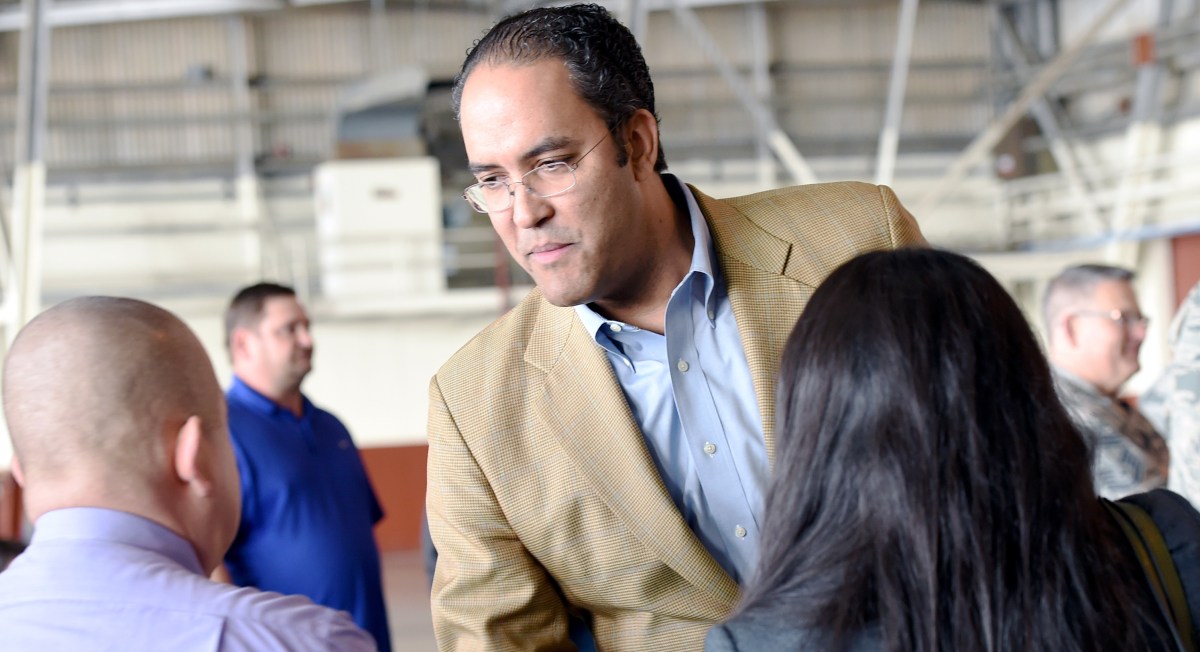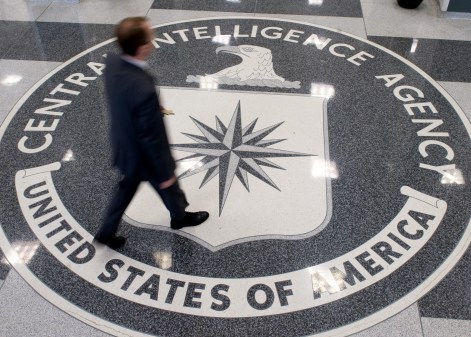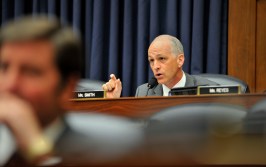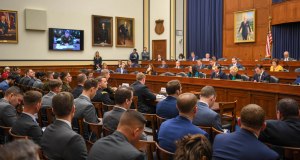Rep. Will Hurd named ranking member of House intel modernization subcommittee

Will Hurd will take his federal modernization oversight to a more specific chunk of the government — the intelligence community.
Hurd, a Republican from Texas, will serve as ranking member of the House Permanent Select Committee on Intelligence’s newly formed Subcommittee on Intelligence Modernization and Readiness. He’ll serve opposite Eric Swalwell, D-Calif., the subcommittee’s chairman.
The subcommittee was created to “ensure all 17 U.S. Intelligence agencies have the workforce, infrastructure and resources they need to keep Americans safe from 21st century threats,” according to a release.
In the role, Hurd will meld his experience overseeing federal IT modernization and cybersecurity issues as former chairman of the House IT Subcommittee with his previous tenure on the House Intelligence Committee and his background as a CIA agent.
“I left an organization I love, and a career I loved, because I believed I could help the intelligence community in a different way — as a policy maker,” Hurd said in a statement. “That’s one of the reasons I ran for Congress. I look forward to using my firsthand experience as a former undercover CIA officer, and the knowledge I have gained working with my colleagues on the Intelligence Committee and as Chair of the IT Subcommittee, in this new role to make sure our intelligence agencies have the updated technologies and resources they need to meet the challenge of keeping Americans safe in the 21st century.”
Hurd’s isn’t the only new subcommittee that will focus on tech issues in the IC. Committee leadership also announced this week the creation of the Strategic Technologies and Advanced Research Subcommittee, chaired by Rep. Jim Himes, D-Conn., with Rep. Chris Stewart, R-Utah, as ranking member.
Himes’ subcommittee will focus on emerging tech that is critical to the intelligence and national security missions, such as cybersecurity, artificial intelligence, machine learning and more.
“When it comes to national security, if we’re not thinking at least ten years down the road, we’ve already lost,” Himes said in a statement. “Every day we face emerging cyber and technological threats not only from our geopolitical rivals, but also from lone wolves and other asymmetrical actors. Our ability to stay several steps ahead of these threats is integral to our nation’s safety. We are very, very good at it, but maintaining our superiority requires constant vigilance. I’m eager to work with our intelligence agencies, the Defense Department, technology firms and innovative members of the private sector to ensure a holistic effort to explore bleeding-edge technology, how to use it, and how to protect ourselves against it.”






